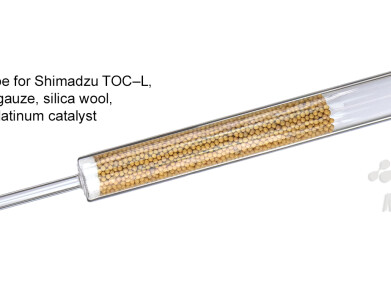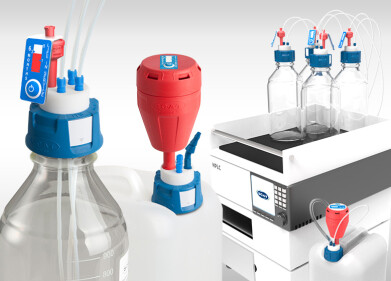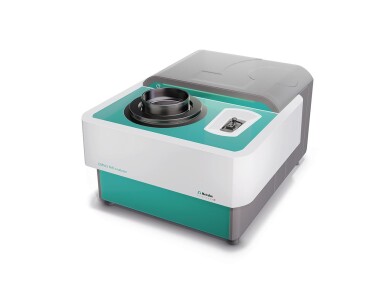Laboratory Products
Could COVID-19 Mutate?
Jun 25 2020
As global coronavirus cases advance towards the 10 million mark, health experts are warning COVID-19 could mutate into a more complex, infectious and potentially dangerous virus. If this happened, it could escalate the global health crisis and make it even more difficult to control the spread. Unlike human genes which use double DNA strands, coronaviruses are built on single RNA strands. While all viruses mutate, the SARS-CoV-2 strain that causes the COVID-19 disease is especially dangerous. Mutations are triggered by mistakes made when the virus copies its genetic code during the replication process.
Currently, studies suggest SARS-CoV-2 is relatively stable. After analysing data from 13,000 COVID-19 patients, scientists found new genetic mutations occur only twice a month or so. When mutation rates are low it’s easier to develop a vaccine as behaviours are constant and predictable. However, fast-evolving viruses can be far more difficult to work with as they’re constantly changing and developing new RNA sequences.
The risk of spike protein mutations
In the case of COVID-19, mutations are particularly dangerous as they could build up and allow the virus to spread more successfully. Mutations could also help the virus infect cells and rapidly replicate in the body. Already, multiple mutations have captured the attention of researchers at the London School of Hygiene and Tropical Medicine. They identified several RNA variations that suggest SARS-CoV-2 is adapting to humans, with two mutations located within the all-important spike protein the virus uses to bind to receptors and invade cells.
Martin Hibberd, senior author of the study and a Professor of Emerging Infectious Diseases in the department of Pathogen Molecular Biology, at the London School of Hygiene and Tropical Medicine, says that while spike mutations are rare, they could indicate a dangerous new trend. Preliminary research from Sheffield University and Los Alamos National Laboratory in New Mexico supports his warning, with scientists identifying similar spike protein mutations.
Other studies suggest no SNP mutations
Other studies paint a more buoyant picture, saying there is no evidence SARS-CoV-2 is becoming more infectious and transmissible. Led by researchers in the UK and USA, one study analysed more than 15,000 COVID-19 genomes and found no evidence of serious genetic mutations known as SNPs.
“If there is a mutation that appears and makes it transmit better, then we should see it happening multiple times,” says Francois Balloux, co-author of the study and a professor at University College London.
Deciphering and mapping COVID-19 samples is key to understanding the virus. With insight from Neil Benn MSc & Stephen Knight MA on behalf of Ziath Ltd, ‘Getting a grip on Covid-19 test samples’ explores how advanced sample management techniques and technologies are being used in laboratories around the world.
Digital Edition
Lab Asia 31.2 April 2024
April 2024
In This Edition Chromatography Articles - Approaches to troubleshooting an SPE method for the analysis of oligonucleotides (pt i) - High-precision liquid flow processes demand full fluidic c...
View all digital editions
Events
Apr 22 2024 Marrakech, Morroco
Making Pharmaceuticals Exhibition & Conference
Apr 23 2024 Coventry, UK
Apr 23 2024 Kintex, South Korea
Apr 23 2024 Seoul, South Korea
Apr 24 2024 Jakarta, Indonesia













.jpg)




